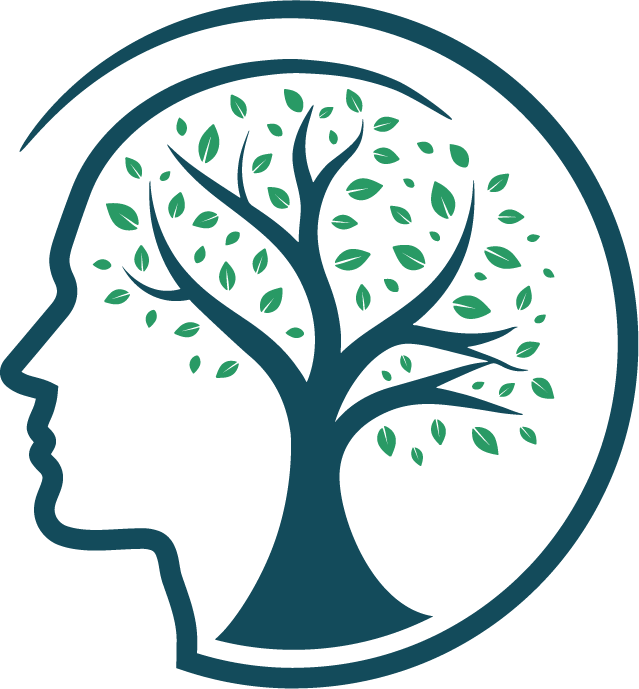Management Strategies
Further info
(Informed by NICE guidelines, RCP, Maudsley)
Non-pharmacological treatments play a significant role in managing ADHD symptoms, or as an alternative to medication. This approach promotes overall functionality and wellbeing in daily life. This approach is highly valuable to people who may not be appropriate for medication, or who do not wish to pursue medications.
Some suggestions include:
Self-help guides
Management Apps
Therapy
Good sleep hygiene
Personalised care planning to fit specific symptoms & life circumstances
- Collaborative
- Takes into account severity of symptoms, life circumstances, other disorders, goals, preferences
CBT – (see more here) [BUTTON]
Lifestyle adjustments – diet, activity & sleep
Psycho-education – healthy habits, environmental adaptations & maintaining wellbeing.
Reasonable adjustments – Under the Equality Act 2010
ADHD is recoggnised as a disability if it has substantial & long-term adverse effect on an individuals ability to carry out normal day-to-day activities
Benefit allowances (including the Disabled Student Allowance)
Carer support training; consistent routines, clear communication & education
Healthy lifestyle choices – balanced diet
Exercise – improves focus, helps to manage hyperactivity, reduces impulsivity
Home modifications – distraction-free environments, structured routines
Psychoeducation
Empowers people (and those around them) to make informed decisions, understand their condition and develop effective management strategies to harness strengths.
Promotes understanding through education
Can help with learning how to negotiate daily life without the burden of CBT type homework or commitment
Can boost confidence & self-esteem through empowerment
Reduced stigma
Encourages active participation in treatment plans.
